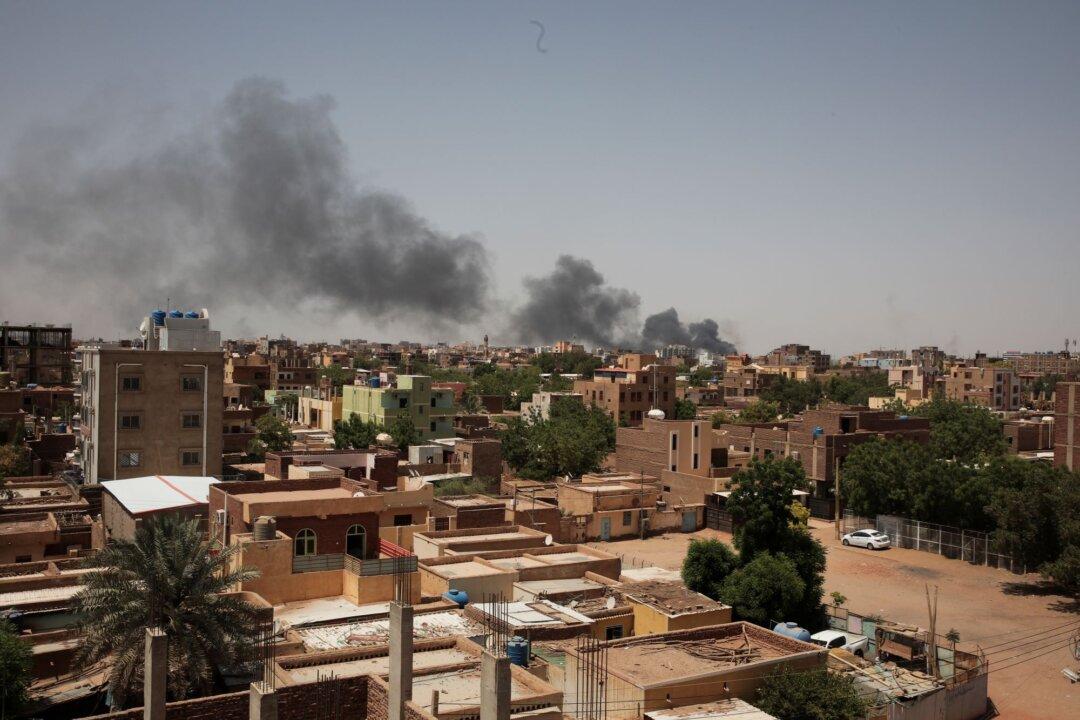The UK government is exploring “all routes” in an attempt to get British nationals out of Sudan, Downing Street has said.
More than 420 people have been killed in a bloody conflict between the Sudanese army and a powerful paramilitary group known as the Rapid Support Forces, which broke out nine days ago.





